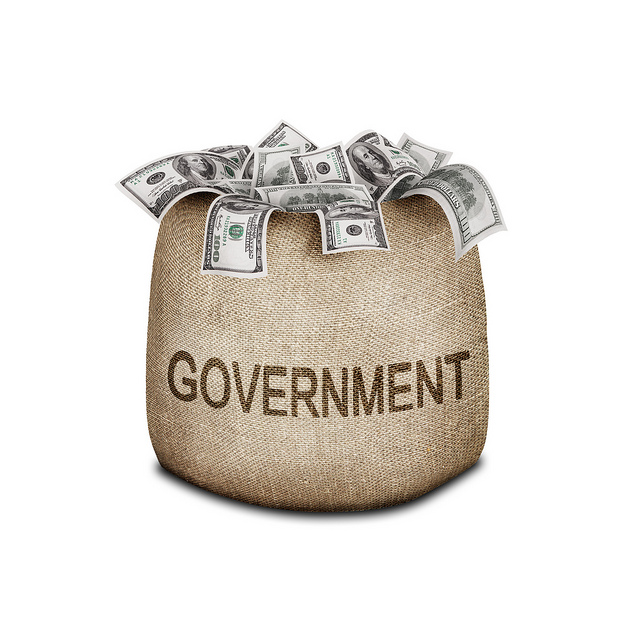Unwanted Surprises in Store for 401(k) Retirees

The 401(k) is the most well-known retirement fund in the United States today.
This is for many reasons, including its ubiquity, but another main reason is it’s deferred tax status, meaning any of the money you put into the account you don’t have to pay taxes on until you take it out, lowering your current taxable burden by putting the money into a savings account before it is calculated into your take-home pay.
While this is great for your pocketbook today, when you do inevitably take your money out of the 401(k) plan when you retire, those taxes are going to be due.
Let’s say you’ve been fastidious in your retirement savings and have a million dollars stashed away in your 401(k). Sounds like a lot of money (because it is) but once you start withdrawing, that million dollars is going to end up more like 700,000 dollars after paying your income tax, along with any federal and state taxes due on that amount. Even if you don’t have a million dollars, a good portion of it will invariably end up going back to the government in taxes.
If you’re one of the many people who are planning on leaning into your 401(k) as a primary source of income in your retirement years, it is super important to remember that you’ll be owing taxes on that amount when it comes time to withdraw and to plan accordingly while rates are constantly in flux. Figure 20 percent of the amount in federal taxes and up to another 10 percent for state and local municipalities.
Age, needs, and how close you are to retirement are definite factors when determining what you’ll allow yourself each month from your 401(k). People of 59 and a half years old will not be penalized for early withdrawals, but anyone dipping into the 401(k) before that will. And if you are continuing to work while collecting your 401(k), you could be putting yourself into a higher tax bracket by, essentially, doubling your taxable income. This could affect things like the premiums you pay on Medicare as you get older.
The smartest move, especially if you’re still working, would be to put off collecting on your 401(k) as long as you possibly can. Until you reach the age of 70, you are not required to pull any money out of your 401(k). After then you are subject to required minimum distributions which you need to take out of the 401(k) annually to avoid a fee that is imposed by the IRS.
Even taking a large sum out of the 401(k) at once won’t do much, as you’ll owe the same amount tax wise whether you get the money now or later.
There are certain things you can do to safeguard yourself against this eventuality, including filling out forms that would hold 20 percent (or however much of a percentage you want) of your 401(k) aside to pay the taxes on it when it comes time.
401(k) often come with a second component, known as a Roth, which differs from the traditional 401(k) in that it is put into the account after you’ve already been taxed on it, therefore making withdrawals on it come tax-free. This is a good move if you can afford it up front while talking with a financial advisor on how to split your income between a traditional and Roth 401(k) to maximize your take-home pay both now and when you retire.







